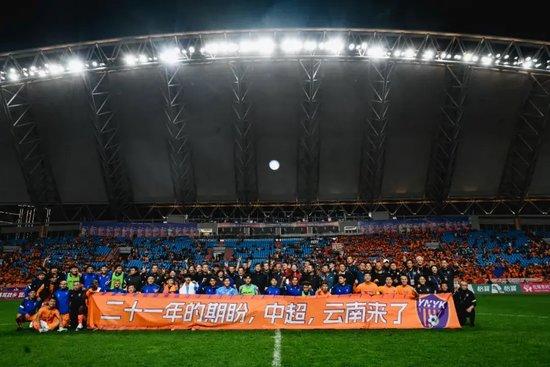Title: Punishments in Football Games: Strategies and Considerations
Football, as a sport, not only requires skill and teamwork but also discipline and sportsmanship. Punishments, often utilized in training sessions or friendly matches, play a vital role in reinforcing discipline, correcting behavior, and improving performance. Let's delve into some effective punishments in football games, along with strategies and considerations for their implementation.
Introduction to Punishments in Football Games
Punishments in football games serve multiple purposes:
1.
Discipline
: They instill discipline within players, encouraging adherence to rules and regulations.2.
Correction
: Punishments help correct undesirable behaviors, such as lack of focus or indiscipline on the field.3.
Team Building
: Through shared experiences, punishments can foster a sense of unity and teamwork among players.4.
Performance Improvement
: By addressing weaknesses or areas of improvement, punishments contribute to enhancing overall performance.Types of Punishments
1.
Physical Exercises
: Running laps, shuttle runs, or other aerobic exercises are common punishments. These not only penalize players but also improve their physical fitness.2.
Skillbased Tasks
: Punishments can involve practicing specific skills repetitively, such as dribbling, passing, or shooting, to refine technique and proficiency.3.
Team Challenges
: Punishments may involve team challenges or competitions, such as penalty shootouts or smallsided games where the losing team faces consequences.4.
Verbal Feedback
: Constructive criticism or feedback sessions, facilitated by coaches or senior players, can serve as punishments for tactical errors or lack of effort.Strategies for Effective Implementation
1.
Consistency
: Punishments should be consistently applied to all players to maintain fairness and avoid resentment within the team.2.
Relevance
: Punishments should be relevant to the offense committed. For instance, if a player demonstrates poor sportsmanship, a punishment focused on teamwork or fair play may be appropriate.3.
Progressive Discipline
: Start with mild punishments for minor infractions and escalate consequences for repeated or more severe offenses. This approach encourages players to learn from their mistakes.4.
Positive Reinforcement
: Balance punishments with positive reinforcement to maintain morale and motivation within the team. Recognize and reward desired behaviors alongside penalizing negative ones.5.
Educational Approach
: Use punishments as learning opportunities by discussing the reasons behind them and encouraging players to reflect on their actions. This promotes selfawareness and personal growth.6.
Player Involvement
: Involve players in the decisionmaking process regarding punishments. Solicit their input on what consequences they find most effective or meaningful, fostering a sense of ownership and responsibility.Considerations for Coaches and Teams
1.
Player Welfare
: Ensure that punishments do not compromise player safety or wellbeing. Monitor fatigue levels during physical exercises and adjust intensity accordingly.2.
Fairness and Equality
: Treat all players with fairness and equality when administering punishments, regardless of their status or position within the team.3.
Communication
: Clearly communicate the rules and expectations regarding punishments to players beforehand. Transparency fosters understanding and acceptance of consequences.4.
Emotional Impact
: Be mindful of the emotional impact of punishments on players, especially younger or more sensitive individuals. Offer support and encouragement to maintain morale.5.
Evaluation and Adaptation
: Regularly evaluate the effectiveness of punishments and be willing to adapt strategies based on feedback and observed outcomes. Flexibility is key to continuous improvement.Conclusion

Punishments in football games are valuable tools for promoting discipline, correcting behavior, and enhancing performance. By implementing appropriate strategies and considerations, coaches and teams can effectively utilize punishments to foster a culture of accountability, teamwork, and continuous improvement on the field. Balancing discipline with positive reinforcement and prioritizing player welfare are essential for maximizing the benefits of punishments in football training and gameplay.
版权声明
本文仅代表作者观点,不代表百度立场。
本文系作者授权百度百家发表,未经许可,不得转载。









